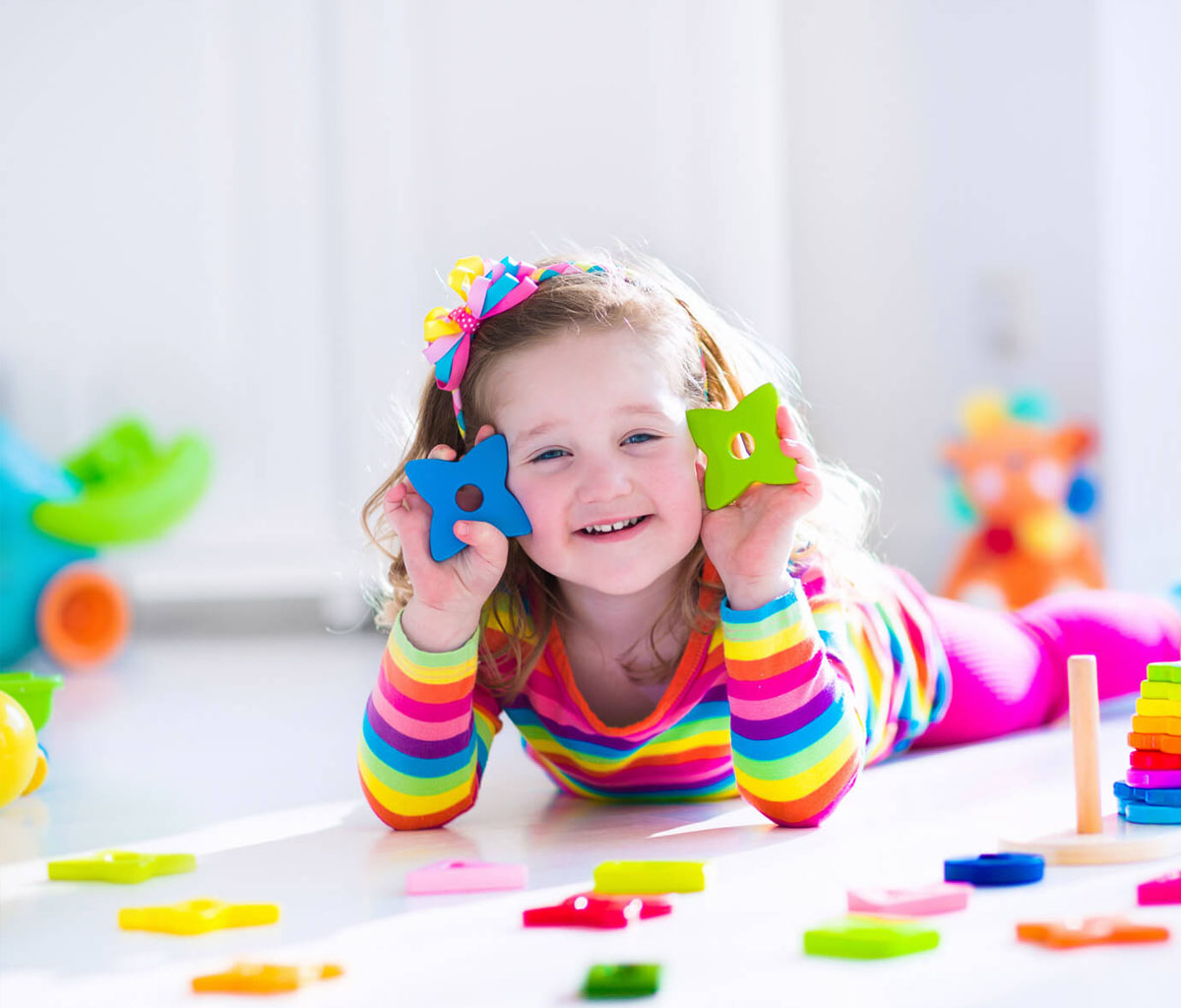
Kids Wing
Learning in Eklavya's Kindergarten Wing
Our philosophy runs through each class and key stage within our school. In addition to this we have further approaches and ideas that are specific to provision in our Foundation Centre (Kindergarten).
The key practices of Eklavya system of learning:

A Home Away From Home
We want your child to feel like home. For us this means feeling comfortable, safe, cared for and able to express their true self. Our Kindergarten wing environment is designed to feel just like home.
Open Ended and Reconstructed
Little children are naturally curious and independent. They can make something out of nothing and find learning in every experience. At EPS, we believe that child initiated learning always leads to the best outcomes. Therefore we keep our learning opportunities open ended and reconstructed to allow children to lead the way.
Family Learning
In-line with our home away from home ethos, we advocate the importance of family learning throughout our school. We promote every meaningful opportunity to learn from one another.
Heuristic and Holistic
A heuristic education teaches children to be problem solvers through trials and errors. Skilled practitioners become experts in facilitating and guiding children's learning rather than dictating it. We value all aspects of learning and aim to develop the whole.
Assessment Structure
Eklavya Public School Assessment Structure :
The assessment structure has been designed such that foundational skills are routinely tested in the formative grades. As students progress through the grades, and concepts move from abstract to concrete, a test based/summative assessment is added in Pre-Primary (Montessori and Kindergarten).
The assessment pattern at the Pre-Primary stage is multi Modal and ensures that all aspects of a child's development are being observed. At this stage, students are given enough opportunities to explore and express their skills and knowledge of concepts. Students complete various activities that test gross and fine motor skills.
They demonstrate their knowledge of shapes, objects, colors, numbers and pre number concepts in Math. Students' language skills are assessed through activities in listening, speaking, reading and writing which are observed along with their social-emotional behaviour patterns as well. A host of visual and performing art activities are also included for observation as part of a student's co-scholastic assessment.
